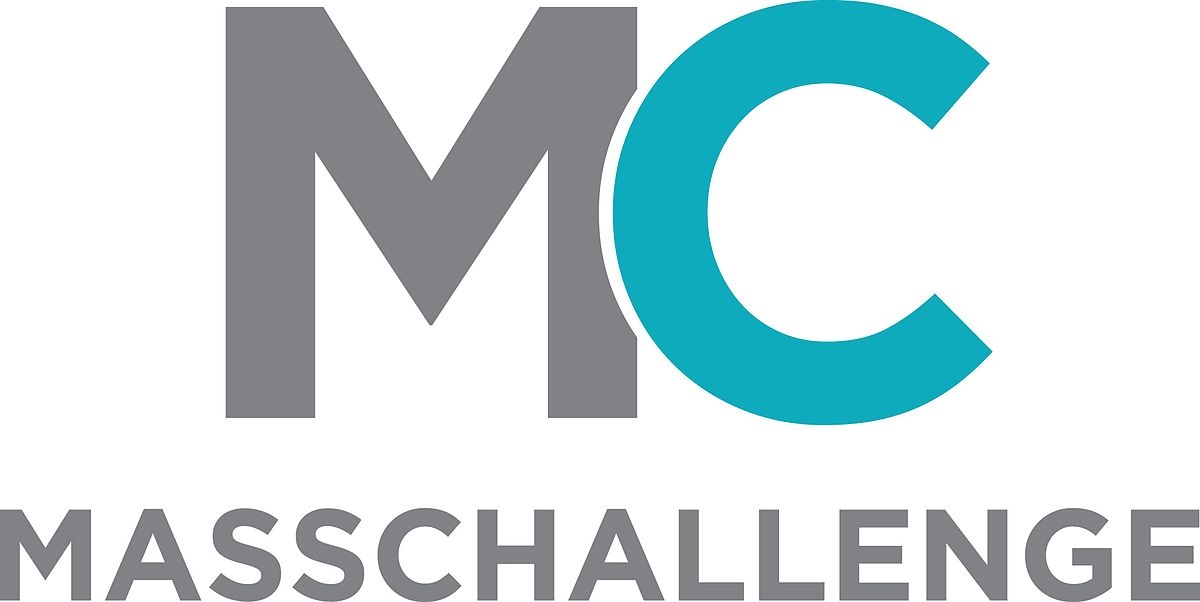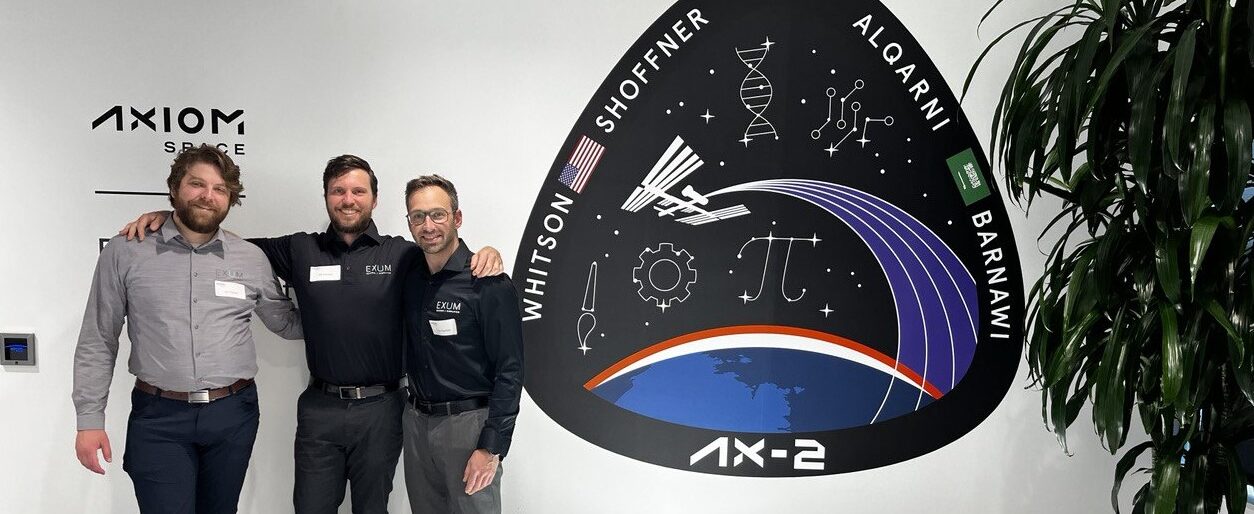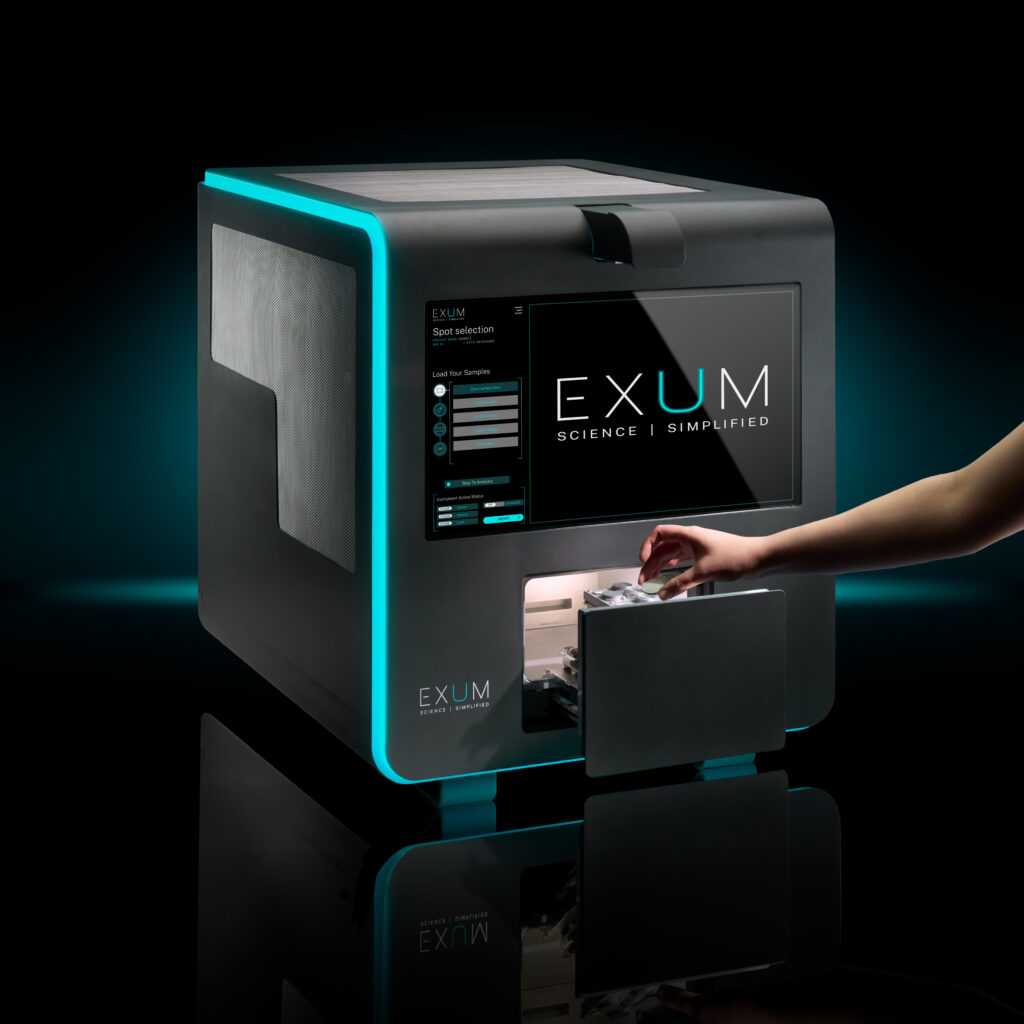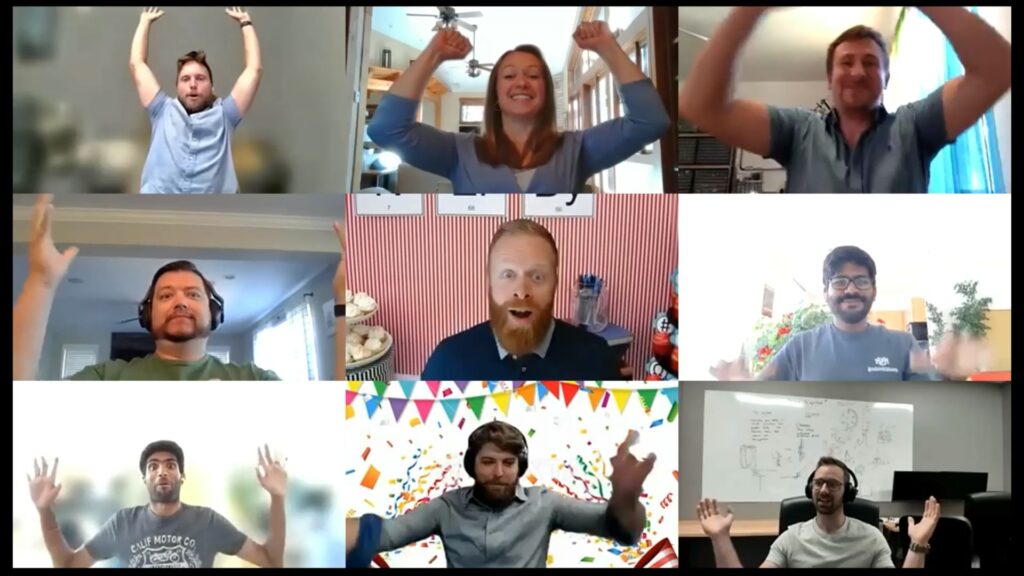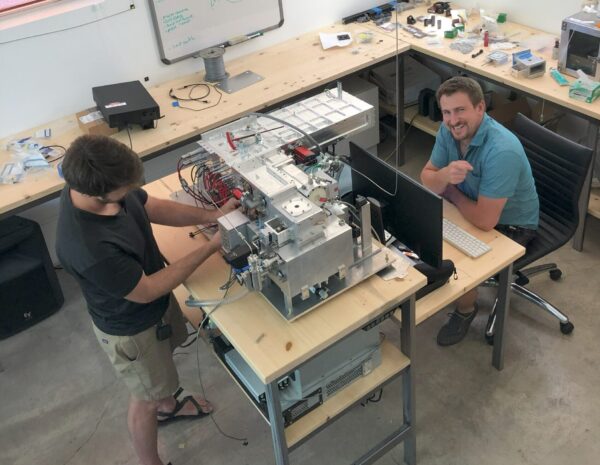Introducing Exum Instruments
Q: Can you tell us about yourself and Exum Instruments?
A: I’m Ellen Williams, the Executive Vice President of Business Development at Exum Instruments. We’re focused on developing an innovative scientific instrument capable of analyzing any solid material. Our technology measures the full periodic table of elements within these materials, from lithium to uranium. This tool is designed to make data, typically reserved for PhDs in specialized lab environments, accessible for broader applications. It allows industries to confirm the composition of materials like metal alloys before manufacturing or ensure the correct chemistry of lithium batteries before production.
Q: What inspired the creation of Exum Instruments?
A: The idea for Exum Instruments emerged from recognizing a need in the market. We wanted to democratize access to high-level data analysis that was previously limited to specialized labs. Our instrument embodies this vision by enabling various industries to perform detailed material analyses themselves. This means they can accelerate quality control, new material development, and failure analysis. This capability has a wide range of applications across numerous advanced industries, revolutionizing how material composition is analyzed and utilized.
Why MassChallenge?
Q: What led Exum Instruments to join MassChallenge?
A: In March 2020, we at Exum Instruments believed we had a commercial product ready to launch. However, when the world paused, it gave us a valuable opportunity to conduct thorough testing. This period of reflection made us realize there was much more to learn about developing a commercially viable hardware solution that would consistently perform in a customer’s office.
Proving the concept of a new hardware system is one thing, but ensuring its reliability and durability in a customer’s hands is a completely different challenge. We understood there was still a significant learning curve ahead of us, especially in understanding our markets and how to communicate effectively with investors.
Joining MassChallenge was an inspired decision to leverage their extensive network. We wanted to ensure we were taking the right steps in customer discovery and thoroughly exploring all possible business models. MassChallenge also offered invaluable support in refining our pitch and articulating our value to potential investors. This decision was crucial in helping us navigate these complex aspects of bringing our product to market.
MassChallenge Application Process
Q: Can you describe the application process for MassChallenge?
A: The application process for MassChallenge was quite similar to other application processes we’ve encountered. I remember it having common questions that are typically asked by investors or in other startup-related scenarios, like applying for accelerators or small business innovation research grants (SBIRs) in the U.S.
We found the process quite straightforward. It was really about ensuring we were thoughtful about our product, our business model, and our future direction. I actually saved all my answers and responses from this application, as they proved useful in other contexts due to their relevance and the frequency of such questions in the startup world.
After submitting our application, we were invited to Round 2 Judging. This involved a 10-minute pitch presentation with a 10-minute Q&A in a virtual room of 5-8 industry-specific judges. The judges were a combination of executives and investors. After the pitch, they provided valuable feedback by scoring specific aspects of our pitch and providing comments.
Once accepted, there were more interviews and pitches throughout the accelerator program, especially since there was a prize at the end. These sessions helped judges determine who would receive the prize money.
Q: What do you think set your company apart for acceptance?
A: Regarding what set us apart for acceptance, I believe our innovation played a significant role. We introduced a brand-new mass spectrometer in a field where disruption is uncommon. Mass spectrometry often isn’t a familiar topic for many, so our product’s uniqueness and our deep understanding of our competitive landscape and market positioning were likely key factors in our acceptance into MassChallenge.
Inside the MassChallenge Program
Q: After being accepted, what does the MassChallenge program entail?
A: MassChallenge offers a unique, almost ‘choose your own adventure’ experience. There’s a vast network and a database of potential mentors whom you can connect with. Some mentors might reach out to you if they find a specific interest in your company or technology, or you can reach out to them by reviewing their bios. The frequency of these meetings is entirely up to you, and we found this aspect incredibly valuable.
In addition to this mentorship component, there’s a structured curriculum with guest speakers and experts presenting on various topics. So, it’s a blend of structured and unstructured elements, allowing you to be as detailed as you wish in seeking the right mentors and asking pertinent questions.
Q: How long is the MassChallenge program, and does it require full-time involvement?
A: The program lasts about four months. It doesn’t require full-time involvement; it’s very flexible. You decide how often you meet with mentors and whether to attend curriculum sessions live or watch them on demand. An important part of the program is the small groups formed with other founders and startups in similar stages or markets. These groups have regular meetings, fostering organic conversations that are best attended live. Your involvement can vary from week to week, depending on your schedule and availability.
Q: Can you explain the prize aspect of the program?
A: All companies in the program compete for the prize. The process involves pitching to judges, followed by a set of questions. There are first, second, and third prizes, as well as specific prizes for certain industries or solutions, often referred to as ‘sidecar prizes’. This competition happens at the end of the program. Working with mentors to create a compelling pitch not only aims at the prize but also prepares you for future interactions with investors and scaling your business. The preparation for the prize pitch is essentially the groundwork for future fundraising and business scaling efforts.
Q: Does MassChallenge facilitate connections with potential future investors?
A: Definitely! One of our current investors first met us through MassChallenge, which was a significant win for us. We had conversations with potential investors during the program, and one of them decided to invest in us. The mentor program includes potential investors, and others would watch the pitches. Since it was all virtual when we participated, it was easy for investors across the country to view everyone’s pitches and focus on the ones they were most interested in. So yes, MassChallenge did facilitate connections with potential investors.
Achieving Milestones and Overcoming Challenges
Q: Can you share any significant milestones achieved during your time in the program?
A: During the MassChallenge program, we were gearing up for our next fundraising round, and the program really helped us prepare for that. A particularly exciting opportunity was the chance to test our technology on the International Space Station (ISS). We didn’t initially consider this, but it sparked my interest when I attended a webinar about a prize for testing technology in space. Though we didn’t win this through MassChallenge, the ISS representatives saw potential in our analytical instrument. They encouraged us to apply for the next ISS open research topic, which we did and received a grant.
This has led to adapting our scientific instrument for testing aboard the ISS. We also developed a partnership with Axiom Space, which is building the first commercial space station to succeed the ISS. Axiom met us through MassChallenge and continued to support us, seeing the potential to transfer our instrument to their space station. The idea aligns perfectly with our business model of providing chemistry solutions at the point of need, without sending samples to a lab. This milestone opens up the possibility of charging for sample tests in space, which is an exciting development for us.
Q: During the program, did you face any unexpected challenges?
A: The challenges we faced weren’t directly from the MassChallenge program but rather pertained to our company’s position at that time. We initially thought we were ready for a larger Series A funding round. However, we encountered skepticism from investors, particularly due to the state of hardware investments around that period. The Theranos scandal was fresh in the news in 2021, and our company’s premise sounded similar in some ways. For instance, Theranos claimed that just a drop of blood was needed for extensive results. In our case, we promised the full periodic table analysis in minutes without requiring a PhD. This similarity made it challenging for investors to believe in our technology. They were hesitant and often didn’t understand the specifics of mass spectrometry.
This skepticism made it difficult to secure true Series A funding, especially before we had established customers. Investors wanted to validate our claims by contacting these customers and verifying the effectiveness of our product, the Massbox’, in real-world settings. At that time, we hadn’t reached that stage of customer validation.
To overcome this, we realized we needed more growth and development as a company to build a story that resonated with investors and didn’t just sound like another ‘too good to be true’ scenario. We decided to take a bridge round, a smaller amount of funding, to get us to the point where we could scale up for Series A. This approach helped us navigate through the skepticism and position ourselves better for future funding opportunities.
Exum Instruments’ Current Status and Future Goals
Q: What is the current status of Exum Instruments, and what goals are you aiming for in the near future?
A: Last year, we successfully closed our Series A funding round, which was a significant achievement for us. Thanks to this, we’ve been able to scale up considerably. We’ve brought on more engineers, software developers, and a new sales manager to strengthen our team.
Currently, our focus is on selling our instruments to research and development labs, national labs, and early adopters interested in new scientific instruments. While continuing these sales, a major part of our strategy is to identify a ‘killer application’ or a critical industry problem that we can address. This would enable us to scale more effectively, potentially increasing our sales from 10 instruments to 100.
To achieve this, we’re collaborating with a consulting company experienced in scaling and selling scientific instruments. They’re providing us with a solid framework and approach to reach these goals. As the head of business development, my primary role involves finding a niche where our product will truly make an impact and enable our company to take off. Our goal is not just to continue selling but to find that breakthrough area where our instrument becomes an essential tool for a specific application or industry.
Final Advice for Founders Considering MassChallenge
Q: Do you have any final advice for founders considering applying to MassChallenge?
A: One key aspect to remember about MassChallenge is that they do not take any equity, which sets them apart from some other accelerators. This is a significant advantage for startups. My advice to founders is to seriously consider this opportunity. When you’re accepted into MassChallenge, you gain access to an extensive list of potential mentors and various industry connections. This network has likely grown even since we participated in the program.
The access to experienced professionals and the opportunity to make meaningful connections are invaluable. So, I would encourage founders to think about applying to MassChallenge, especially if they can engage actively with mentors and fully utilize the meetings and resources offered. It’s a fantastic opportunity to grow your startup and network in a supportive environment without giving up equity.
